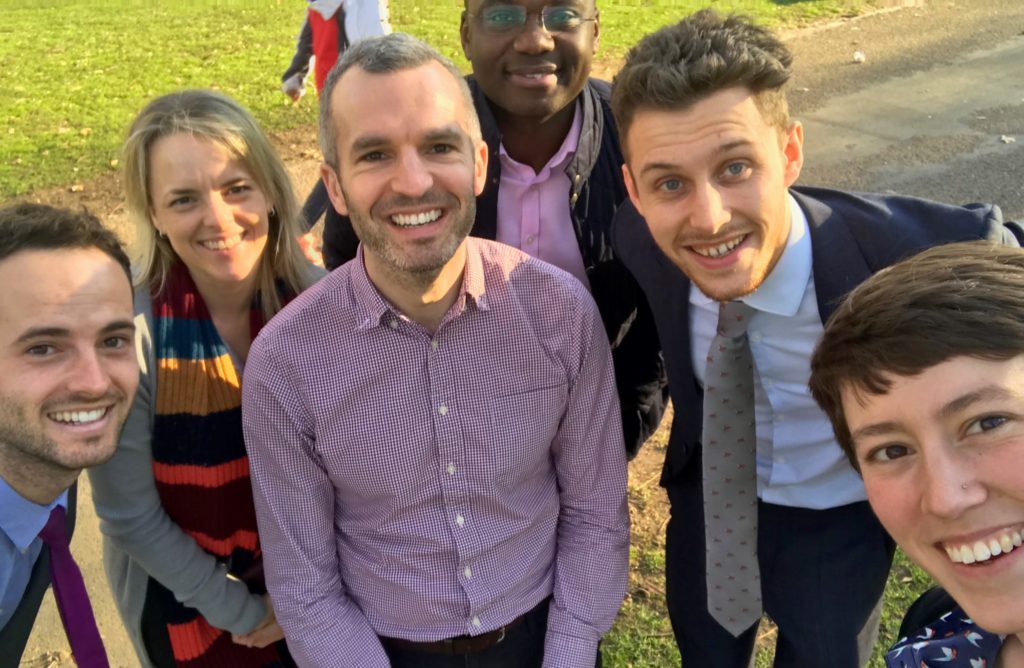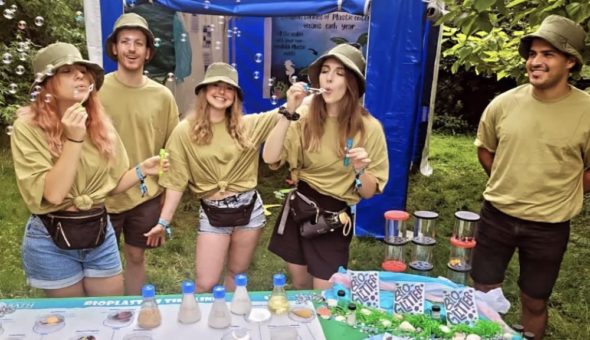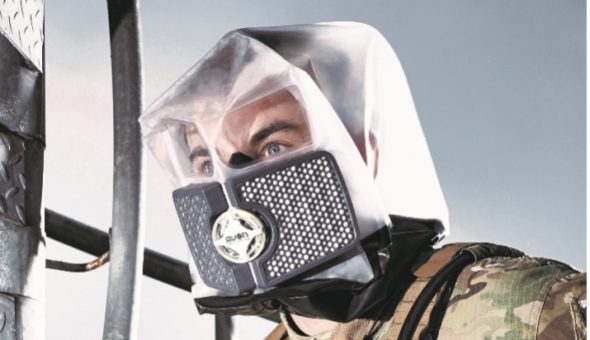Maya Singer-Hobbs is a final year PhD student at the Centre for Sustainable Chemical Technologies (CSCT). Her interest in the interface between science and policy started even before she joined the CSCT, and her drive to get stuck in and gain hands-on experience in the policy world led her to explore opportunities to develop new skills and learn the inner workings of science policy.
In this piece, Maya talks us through the path she chose to follow and how dipping her toes into the waters of policy has been of value for her career.
As a result of my enthusiasm for policy, I was able to do my placement with the Institute for Policy Research (IPR) here at Bath. During my time there I spoke to academics from almost every STEM department at the University and published a policy brief about how the research at Bath might shape the future of Green Transport.
The placement also took me slightly further afield - to Mongolia! While I was there I worked with colleagues from SAMBa (University of Bath CDT for Statistical Applied Mathematics) to talk to policymakers in Ulaanbaatar about air pollution policies. We met people from UNICEF, the Public Health Institute of Mongolia, and even the Mongolian Development Minister!
The IPR also have links with the British Government. Through these I was lucky enough to spend three months at the beginning of this year with the Open Innovation Team, which is part of the Cabinet Office. The team’s remit is to link up policymakers in Whitehall with experts working in the field, usually from academia.
I absolutely loved my time spent with the Open Innovation Team. They work on a really broad range of projects, which meant I got a really great cross-sectional view of some of the work that goes on across the Civil Service. I spent most of my time working with the Centre for Data Ethics and Innovation (CDEI) who play an advisory role to the government on issues around data-driven technologies.
The project I was involved with was looking at digital targeting and algorithmic bias – a really exciting project given its potential wide-reaching implications. The scope of the project was really broad. We considered the practicalities of the data science and programming that is behind new tech, along with investigating philosophical questions about ethics, looking at human rights law regarding privacy, and discussing the political implications of new technologies.
In many ways, my placement was the complete opposite of a PhD: the projects were much more tightly defined, and the short timescales resulted in a much more rapid cycle of feedback on the work I produced. While the world of research transcends borders and opens many doors to collaboration, our day-to-day routine can at times be solitary. In contrast, the projects at the Open Innovation Team were highly collaborative – to the point where any documents we produced wouldn’t even have our names on them, just the name of the team. The rapid pace and collaborative nature meant it wasn’t possible to aim for perfection, something it can be useful to remind yourself during a PhD!
Working with the IPR and then the Open Innovation Team was a fantastic opportunity, and I found the experience of working outside of an academic environment very informative. One of the most useful skills I developed was learning to “translate” technical or specialist language into language that was accessible for a general audience, which will almost certainly help in funding or job applications in the future.
Policy-makers are incredibly busy and are often working on a number of different projects, so policy briefs need to be incredibly succinct, yet leave no room for misunderstanding. Learning to get your point across in a few sentences, whilst not losing any information, took me a while to get used to. It can be hard when you’ve spent years focusing on one area of research not to get bogged down in the nitty-gritty and small details. Communicating and working with policymakers forces you to take a step back and place your research in the wider context.
These placements have given me additional perspectives when considering my future career choices, and some of the skills I developed have been very useful since getting back to Bath. I would absolutely recommend every PhD student to consider stepping out of their comfort zone to look at opportunities for placements outside of academia!
Read more about Maya’s project at the Open Innovation Team.
Maya Singer-Hobbs and Bethan Charles co-created the Bath Science in Policy, a group for postgraduate students and early career researchers who share this interest.
Respond




